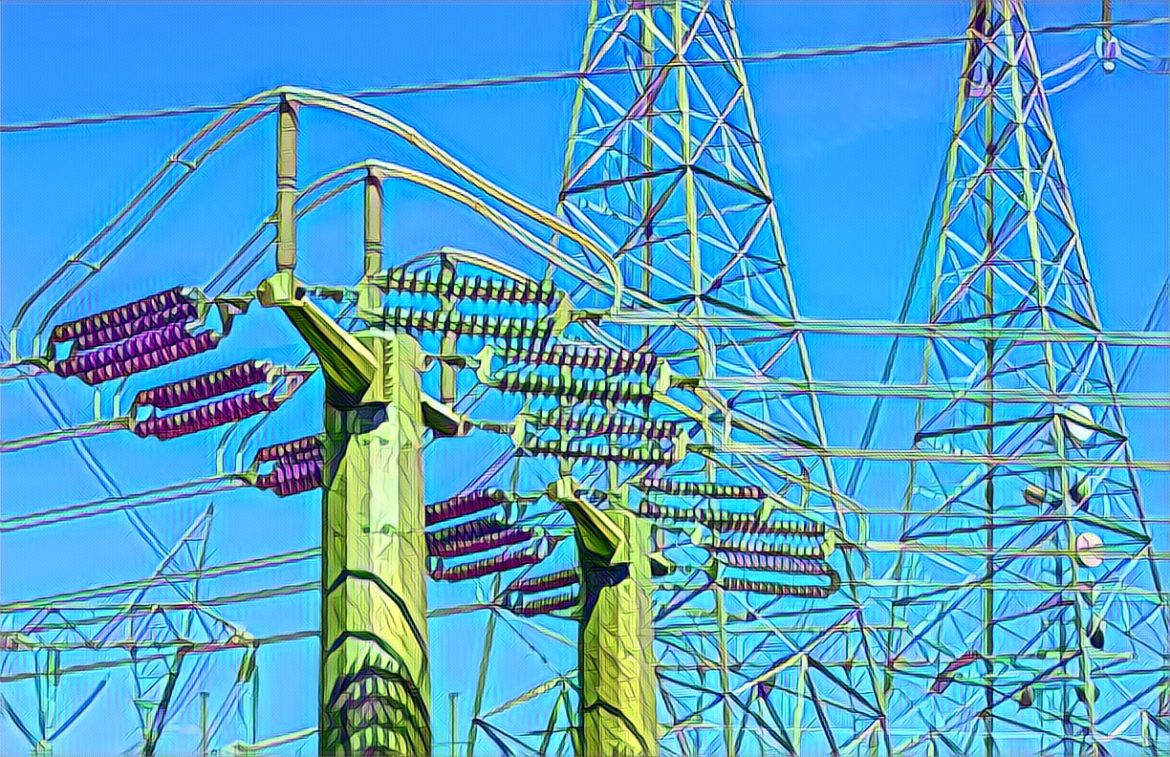Addressing Transmission Capacity Constraints
The Transmission Company of Nigeria (TCN), grappling with the nation’s power sector challenges, has announced a significant limitation in its current electricity transmission capacity. According to recent statements, TCN can transmit only 8,100 megawatts (MW) out of the approximately 13,000 MW generated, marking a substantial gap in meeting the country’s energy demands.
The sun records that, during a press briefing in Abuja, TCN’s general manager for the Port Harcourt region shed light on the critical issues hampering the transmission capacity. “Our infrastructure is both weak and aging, significantly reducing our transmission capabilities,” he explained. Ideally, Nigeria needs a transmission capacity of about 15,000MW to meet the growing demand, a target far from reach under the current circumstances.
Vandalism of power facilities has emerged as a pressing concern for TCN. The general manager highlighted numerous instances where vital components of power infrastructure, particularly in transformers, were maliciously damaged. This vandalism not only results in financial losses running into millions but also endangers lives. “The collapse of vandalized power lines could be catastrophic, potentially affecting hundreds of residences,” he cautioned.
Ongoing Projects and Strategic Initiatives
Despite these challenges, TCN is forging ahead with several strategic initiatives. Currently, 23 power projects are in progress across six states, under the ambit of the National Integrated Power Project (NIPP). This initiative, backed by the federal government and partly funded by TCN, the Niger Delta Power Holding Company, and the World Bank, is geared towards enhancing Nigeria’s power infrastructure.
In a move to improve power supply, TCN’s Assistant General Manager in the Port Harcourt sub-region, Benneth Ezemobi, announced plans to augment the electricity supply in Rivers State. “At present, our output is just under 400MW. Our goal is to ramp this up to 500MW by 2025,” Ezemobi said.
The general manager lamented the financial toll of vandalism on the power sector. “Our losses are immeasurable. For instance, a single 60mva transformer costs around N1.2 billion, and a span of 132kv transmission line approximately $330,000. When these are vandalized, the financial impact is enormous,” he explained.
The Way Forward: TCN’s Comprehensive Approach
To tackle these challenges, TCN is adopting a multifaceted approach. This includes upgrading and maintaining existing infrastructure, implementing new projects to expand capacity, and enhancing security measures to protect assets from vandalism. The company is also seeking collaborative efforts with state and local governments, as well as community leaders, to safeguard electrical installations.
Increasing public awareness about the importance of power infrastructure and the consequences of vandalism is another crucial step. TCN is urging the media and community leaders to help in this regard. Additionally, the company is appealing to the government for more support in securing power installations and providing necessary funding for infrastructure upgrades.
While the challenges are daunting, TCN’s ongoing efforts and strategic planning paint a hopeful picture for Nigeria’s energy sector. With continued focus on infrastructure improvement, community engagement, and government support, TCN aims to bridge the gap in electricity transmission and bring Nigeria closer to a future of stable and reliable power supply.



